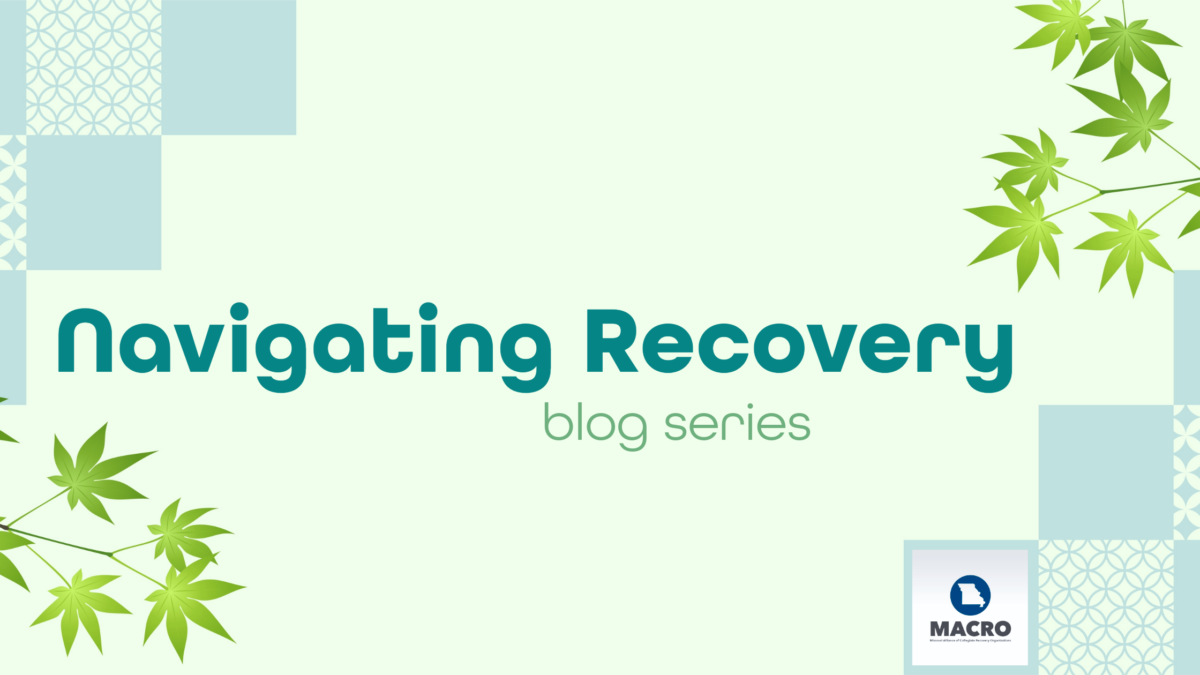Returning to college while in recovery can be incredibly empowering—and at times, challenging. From roommate stress to social pressure, to navigating old environments with new intentions, it is easy to feel stretched thin and worn out.
In the midst of all that, one of the most important things you can offer yourself is the gift of healthy boundaries and the gift of living life in recovery.
Boundaries are not about pushing people away. They are about staying close to what matters most: your recovery, your peace, your purpose, and your wellbeing. Healthy boundaries help you honor your needs, protect your energy, and stay grounded—even when everything around you feels like it is moving too fast.
What are healthy boundaries?
Boundaries are the gentle lines you draw to protect your mental, emotional, and physical wellbeing as a few examples. They are a way of saying, “This is what I need to stay well,” without guilt and shame.
Examples of healthy boundaries might sound like:
- “I’m not drinking, but I would still love to spend time together.”
- “I need to step away for a bit and take care of myself.”
- “I’m not comfortable talking about that right now.”
- “Tonight I need time for me — I hope you understand.”
- “I would rather not share that in this setting.”
Boundaries are not selfish. They are compassionate tools for self-respect.

College Life & Recovery: Potential Challenges and Strategies for Approaching Them
Being in recovery at college is an incredible and empowering time. It can also come with real-life complexities. Here are a few examples where boundaries can help you stay rooted in recovery and your purpose.
1. Party Culture
There may be times when there is pressure to go out, drink, and “just have fun.” That pressure can feel isolating at times, especially when you are choosing to have fun in different ways that are recovery-friendly.
What can help:
- Having a few phrases ready like, “I am focusing on my recovery right now, but I would still love to hang out.”
- Suggesting a different type of social plan — coffee, study time, breakout rooms or other community-based activities, and going for a walk as a few examples.
- Planning you exit strategy ahead of time and giving yourself full permission to not attend or to leave early.
2. Roommate or Peer Dynamics
Living with others can be both exciting and overwhelming. If your roommates drink or use substances, or if emotional boundaries get blurry, you might feel on edge or unsafe in your own space.
What can help:
- Having honest, respectful conversations using “I” statements.
- Setting limits around when you are available for emotional support.
- Finding a private space on campus where you can decompress – especially spaces that are recovery-friendly and connect you with peers walking similar journeys.

3. Family Expectations or Guilt
Family members may not fully understand your recovery. You might feel guilt when setting boundaries, especially if they expect the “old you.”
What can help:
- Clarifying for yourself what your recovery means and why it matters.
- Limiting certain conversations or activities when needed.
- Seeking support from someone who understands — like a peer or therapist.
4. Dating While in Recovery
Dating can be exciting and vulnerable. You deserve relationships that respect your recovery and healing.
What can help:
- Being upfront about your needs and boundaries.
- Checking in with your feelings after interactions: Did this feel safe? Was I respected?
- Trusting your intuition if something feels off and voicing your needs.
Building Boundaries That Support You
- Get clear on what helps you feel safe and grounded. What makes you feel overwhelmed? What restores your energy? Knowing this helps define your boundaries.
- Practice saying “no” without guilt. You are allowed to honor your needs. “No” can be both clear and kind. It can also be the most loving thing you say all day.
- Remember: Pushback does not mean you are wrong. Sometimes people will not understand your boundaries right away. That does not make them less valid.
- Reach out for support. Talk to a peer in recovery, a therapist, a group facilitator, or someone you trust. You do not have to figure it all out alone.
- Revisit your boundaries as you grow. Recovery is a journey. Your needs may change. That is part of healing, not a setback.
Final Words of Encouragement: You Are Worth Protecting
Setting boundaries is not about shutting people out—it is about letting yourself in to safe spaces and protecting your peace. Your peace, your recovery, your voice—they all matter. You are allowed to protect them.
Recovery in college takes strength. It also takes vulnerability and compassion. When you set a boundary, you are not being difficult. You are being brave. You are choosing to show up for yourself. You are choosing recovery.
Let this be a gentle reminder: You deserve spaces that feel safe and spaces where you feel seen. You deserve people who support your growth. You deserve a life that honors your recovery and healing.
We are so glad you are here. We are walking with you every step of the way.
If you are interested in more resources related to collegiate recovery, please check out the Missouri Alliance of Collegiate Recovery Organizations (MACRO) at https://www.mopip.org/MACRO/.
Published July 20, 2025. By Katherine Melton, MPH, MCHES; Owner of Integrated Wellbeing Consulting. www.integratedwellbeingconsulting.org/.
